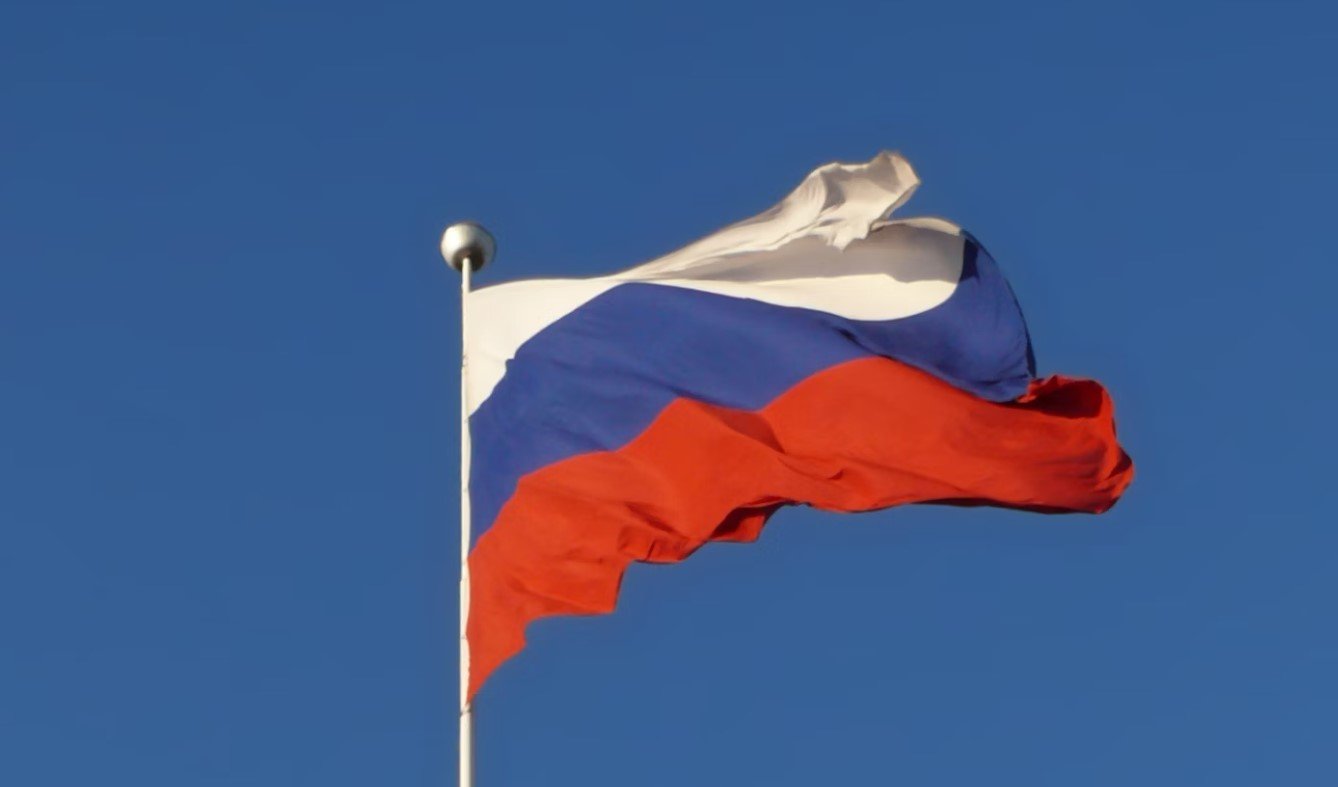The Central Bank of Russia has tightened requirements for digital assets
From May 26, 2025, the Central Bank of Russia will introduce updated rules for the circulation of national and foreign digital financial assets (DFA), including so-called foreign digital rights (FDR).

The purpose of the changes is to protect Russian investors from legal and political risks associated with the use of foreign crypto instruments. Since August 2024, foreign digital rights have been able to legally circulate on the Russian market in parallel with Russian digital financial instruments, but now the regulator has added additional criteria:
- PPIs cannot be linked to securities of issuers from countries recognized as unfriendly towards Russia.
- The instruments must not provide for payments or exchange for cryptocurrencies and PPIs prohibited in the Russian Federation.
- The agreements and terms of issue of the PIP should not contain provisions granting the right to block funds or limit the rights of investors, for example, on the part of the issuer, platform or controlling persons.
- At least one state where the obligations under the ICP can be fulfilled must be among the countries friendly to Russia in order to minimize legal risks.
- Disputes arising from transactions with ICP cannot be considered in unfriendly jurisdictions. This excludes the use of courts of the USA, EU and other sanctioned countries.
- Access to the purchase of such assets remains limited - transactions with PPI will be able to be performed only by legal entities with the status of qualified investors. This reduces the likelihood of individuals accessing potentially risky instruments and increases the level of responsibility for organizations handling digital rights.
The update was a response to the growth of international trade in tokenized assets and increased geopolitical pressure. In this way, the Central Bank seeks to minimize the impact of sanctions risk on the financial sector, protect the Russian market from opaque, high-risk products, and create conditions for the safe circulation of foreign digital financial assets within the country.
Experts point out that the new rules could complicate the circulation of foreign tokenized assets on the Russian market, especially those that use the infrastructure of the US, UK or EU.
Earlier, in its new financial market review, the Bank of Russia presented for the first time data on the profitability of Bitcoin on par with traditional financial assets, including bank deposits, OFZs, gold and stock indices.
